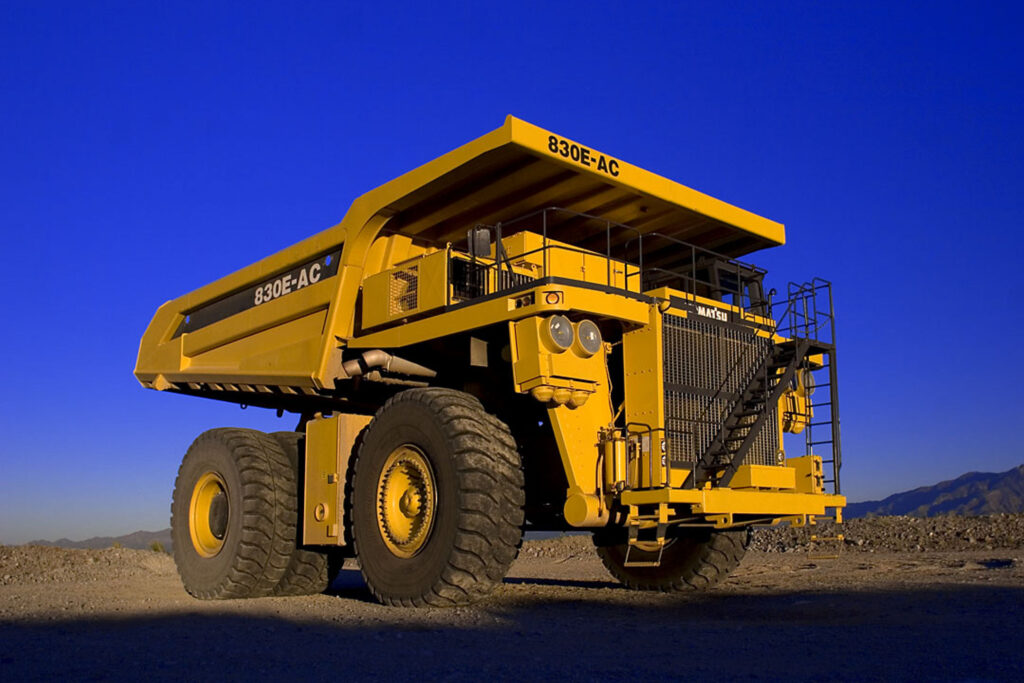Vale, Komatsu, and Cummins Pioneer Dual Fuel Trucks for CO2 Reduction

- 70% CO2 Reduction: New dual fuel trucks aim to cut CO2 emissions by up to 70%.
- Global First: Trucks with capacities of 230-290 tons will be the first to use ethanol.
- Strategic Partnership: Initiative supports Vale’s 2030 and 2050 decarbonization goals.
Vale, in collaboration with Komatsu and Cummins, has announced the development of Dual Fuel haul trucks, utilizing a mix of ethanol and diesel. This pioneering initiative aims to reduce direct CO2 emissions by up to 70% compared to diesel engines
Decarbonization Goals
This collaboration is crucial for Vale to achieve its environmental targets, which include a 33% reduction in carbon emissions by 2030 and complete neutrality by 2050. “Removing diesel from our operations is crucial for our decarbonization goals,” stated José Baltazar, Vale’s Director of Engineering for Mine and Plant Operations.
Implementation and Testing
Over the next two years, the project will involve the development, testing, and implementation of the new engines, which will be manufactured by Cummins. “This partnership is essential in meeting collective carbon reduction objectives,” said Benjamin Stear, Komatsu’s Director of Engineering, Design, and Technology. Luke Mosier, Cummins’ Mining Product Planning and Strategy Manager, emphasized the importance of the partnership with Vale and Komatsu, highlighting its contribution to innovation and carbon footprint reduction.
Related Article: EU Commission Approves €3 Billion Swedish Scheme for Carbon Capture and Storage to Reduce Biogenic CO2 Emissions
Competitive Advantage
The trucks, with capacities between 230 and 290 tons, will be the first in the world to operate with ethanol, reinforcing the companies’ commitment to sustainability in mining. Ludmila Nascimento, Vale’s Director of Energy and Decarbonization, noted, “The partnership will not only reduce emissions but also strengthen the biofuel industry in Brazil.“
The Dual Fuel Program represents a significant step in promoting a more sustainable alternative by converting existing diesel engines to a mixture of ethanol and diesel. This strategic move leverages Brazil’s established supply network for ethanol, ensuring a competitive edge in reducing mining operations’ carbon footprint.












